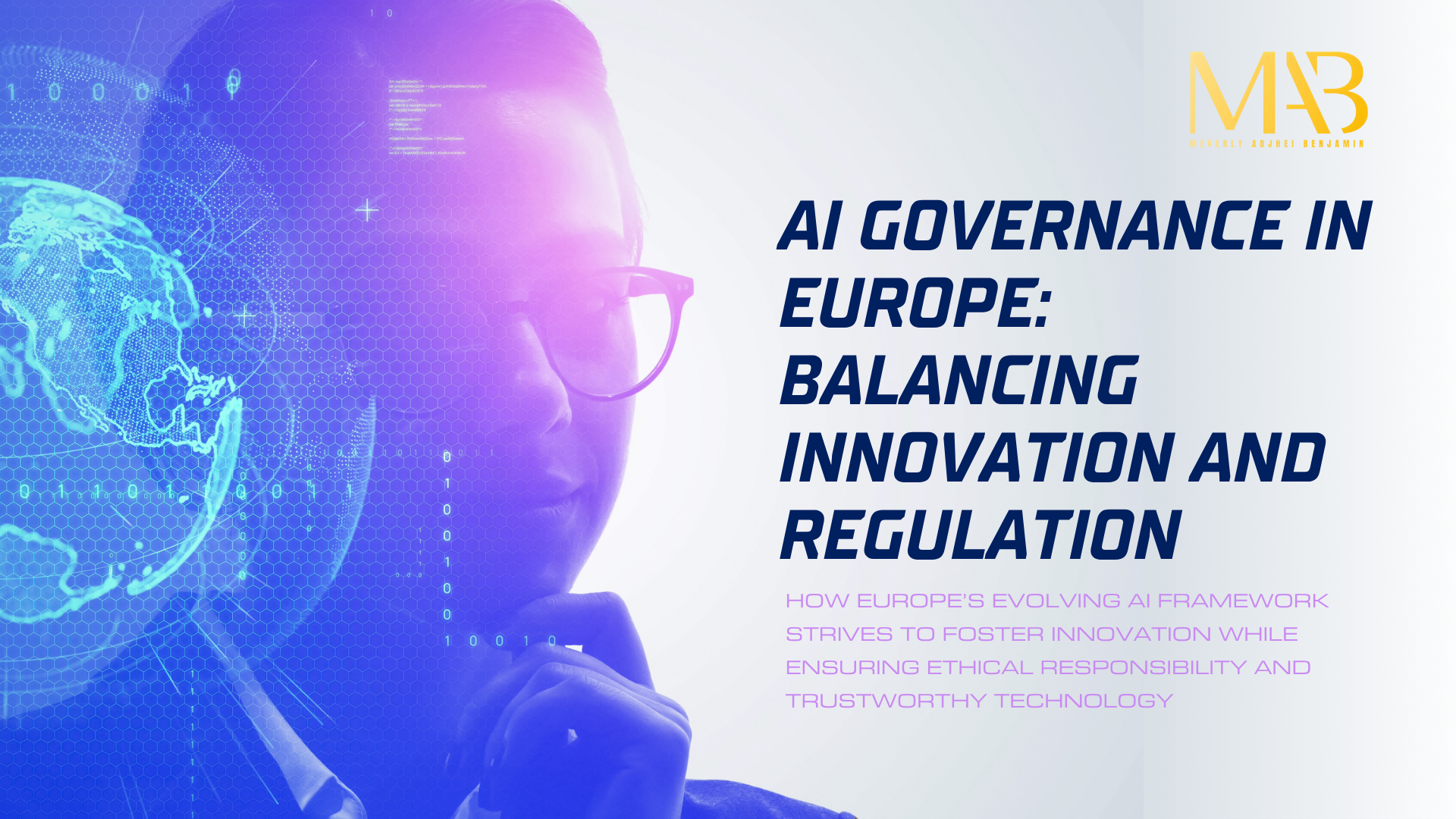What happens when Artificial Intelligence develops faster than the rules meant to guide it?
Europe is actively exploring this question through the development of AI governance frameworks. AI is increasingly integrated into industries like healthcare, finance, and digital services. At the same time, questions about ethical use, transparency, and accountability have prompted discussions on AI regulation in Europe.
Europe’s Approach: The EU AI Act
The EU AI Act represents one of the most comprehensive attempts to create a structured regulatory framework for AI. It follows a risk-based approach:
- Minimal risk AI → Fewer compliance requirements
- High-risk AI → Greater obligations for transparency, accountability, and safety
The objective is to support responsible use of AI while allowing innovation to progress — a balance that is not always easy to achieve in practice.
Challenges in Implementation
- Enforcement – Ensuring consistent application across 27 member states can be complex.
- Innovation Considerations – Stricter rules may influence where companies choose to develop or deploy AI solutions.
- Global Alignment – Different approaches in other regions, such as the U.S. and Asia, may create coordination challenges.
Potential Benefits of Europe’s AI Framework
- Trust in AI – Clear frameworks can support public confidence in AI-powered products and services.
- Global Influence – Europe could establish a benchmark for responsible AI standards internationally.
- Strategic Competitiveness – Organizations that navigate regulatory requirements effectively may gain advantages in long-term market positioning.
From a regulatory standpoint, effective AI governance involves balance. Frameworks aim to provide safeguards for ethical and transparent use while leaving room for innovation to develop responsibly. The outcomes of the EU AI Act may depend on factors such as enforcement consistency, adaptability of the regulations, and collaboration among regulators, businesses, and society.
What do you think: will Europe’s approach to AI regulation foster long-term trust and competitiveness, or could it present challenges for short-term innovation?


No responses yet